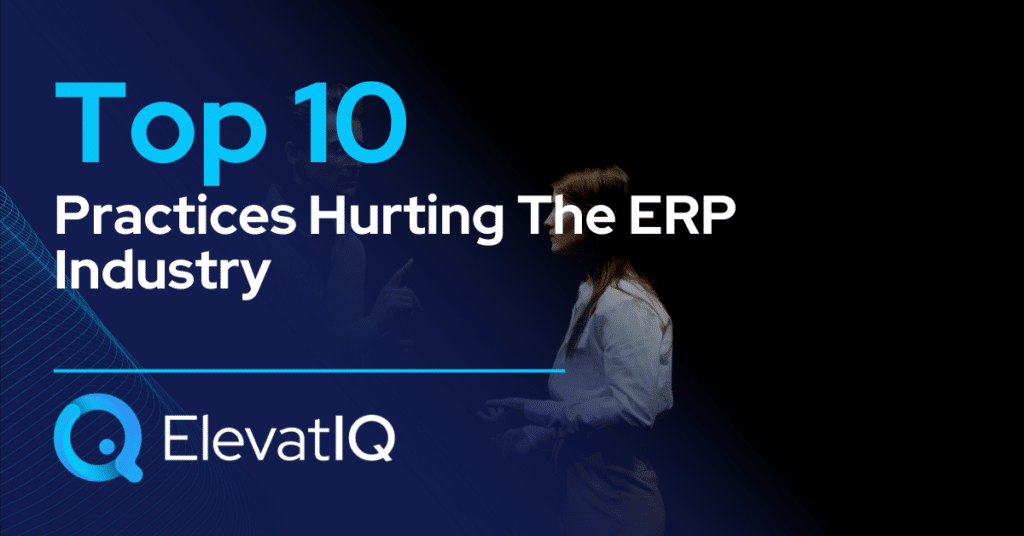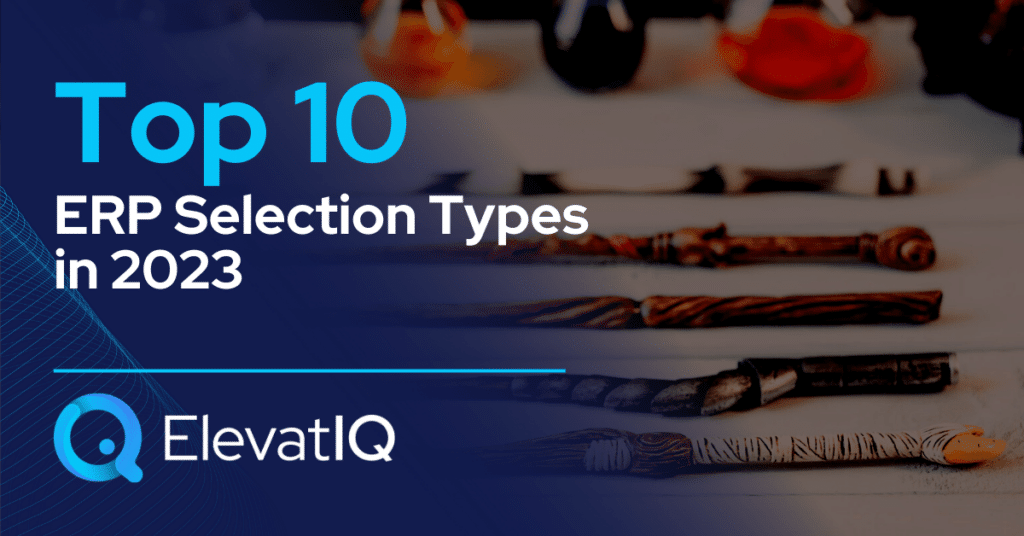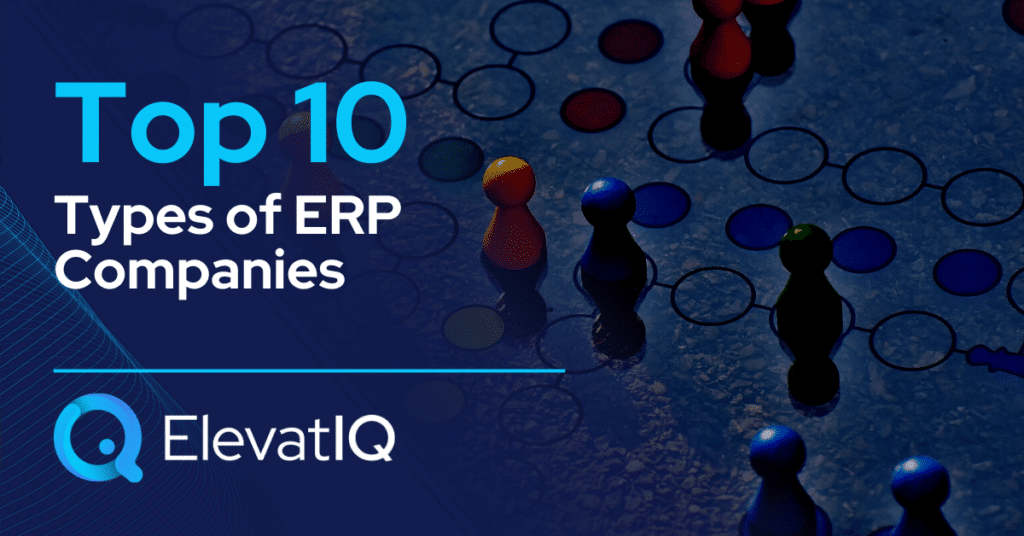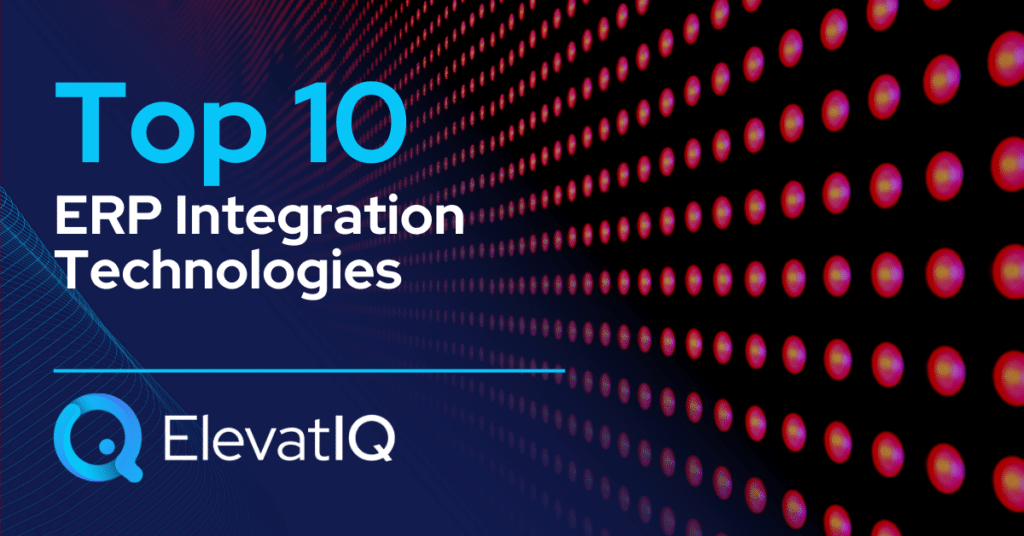With the rise of teleconferencing technologies such as Zoom, one may argue that the event management industry is a thing of the past. However, if you closely looked at data from this industry, you would notice that Event management companies have been on the boom for many years. Their outlook is brighter than ever. This industry consists of many different companies. And is not typically known as ERP-focused. So how do events industry ERP systems differ? These 6 events’ industry ERP features are a critical success factor for this industry.

What are Event Management companies?
Event management could mean different things to different people. The companies in this industry could offer services ranging from charity balls, weddings, award shows, and rock concerts. As well as corporate exhibitions such as roadshows, product launches, and corporate sales meetings. Not to mention industry trade shows, pop-up events, corporate announcements, conferences, and sports shows. Anything and everything related to events!
For this article’s purposes, we plan to focus on your exhibition-centric marketing or brand agencies. Involved in planning trade shows and booths, including manufacturing components for different sites and coordination such as training rehearsals.

The business processes of Event Management Companies
Event management companies’ projects could involve extremely challenging, time-sensitive coordination, as delivering a seamless experience from an exhibit requires careful planning. They usually entail several sub-projects in wide-ranging technologies such as video production, manufacturing of site components, and site plan engineering.
Highly customized for your customers’ needs, the exhibits contain several engineering and manufacturing jobs that need to go through the production process. Each with its process complexity while receiving continuous feedback from your customers.
With customers’ preferences of paying based on the milestones or the outcome, your billing isn’t straightforward either and requires a system that can handle financials of such complexity.
To ensure project success, your teams need to collaborate with various internal teams and customers. Depending upon your outsourcing strategy, you might also need to collaborate with your suppliers within a project step or a project’s job.
The challenges of high-stake collaboration and heterogeneous processes require distinct ERP features for event management companies.
The ERP features Event Management companies need
Similar to other industries, event management companies require the following standard ERP features:
- Financials (AR, AP, GL, Fixed Assets, Currency, and Cash Management)
- Inventory (multiple warehouses, SKUs, inventory forecasting)
- Order Management (PO, vendor as well as customer management)
By contrast, the following features are unique for event management companies:
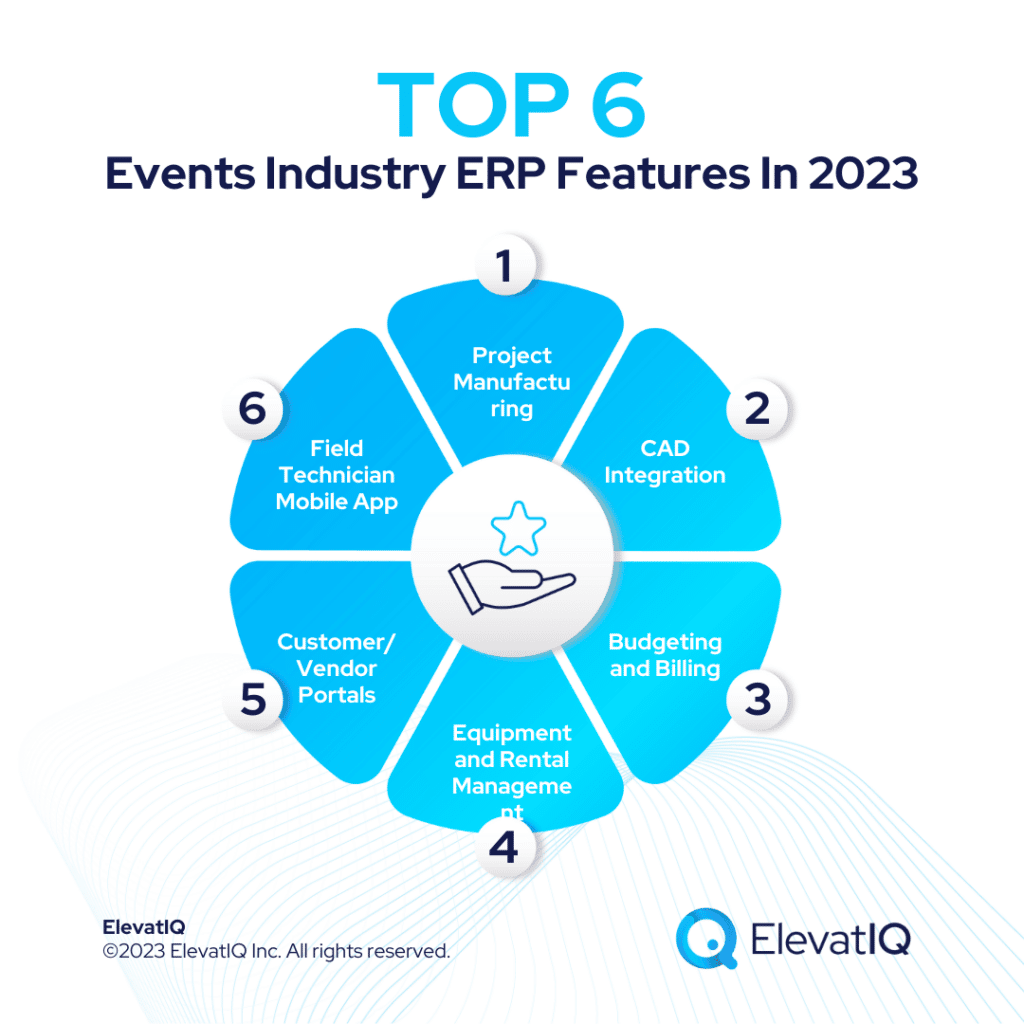
1. Project-based Manufacturing
With the need for capabilities to kick off engineering and manufacturing jobs inside the project and track the entire engagement costs, the ERP system that event management companies select must support project-based manufacturing, among essential events industry ERP features.
If you outsource some of your processes to take advantage of their expertise or costs, the system must also support sub-contractor processes within the project and their sub-jobs.
Lack of strong support for project-based manufacturing might pose challenges with tracking your costs and getting the entire engagement’s 360-degree view.
2. CAD Integration
Due to the nature of your business, most event management companies have in-depth engineering and design capabilities. Also, as your projects’ subcomponents’ design is relatively complex, your engineers typically prefer multiple CAD systems, including Autodesk and SOLIDWORKS.
Lack of integration with several CAD systems with your ERP system might require your engineering team to collaborate manually with your other departments. These manual processes could result in financial loss due to the following reasons:
- Suppliers or internal teams mistakenly use different versions of a design.
- Manual data entry of BOMs in the ERP systems
- No single source of truth for design files
To avoid these financial consequences, exhibit management companies require their ERP systems to support tight integration with several CAD systems.
3. Budgeting and Billing
Due to the nature of engineer-to-order manufacturing requiring your sales team to quote for the entire project without access to detailed specifications, most event management companies require complex estimating, budgeting, and billing capabilities.
The risk of going over budget may require your operations team to track costs on an ongoing basis once the customers sign the contract. To avoid the risk of losing their entire investment, your customers may need progress or milestone-based billing using complex criteria.
The limitation of your ERP system to complex billing scenarios might lead to situations of being late in collecting revenue or losing customers if they might not feel comfortable locking in such an expensive project without a non-performance clause.
4. Equipment Rental and Asset Management
Due to the nature of your business, most event management companies carry expensive assets on their balance sheets such as cameras, AV equipment, and tools and machines required in the field. To appropriately account for and charge your customers for their usage of these assets, you need to bill your customers proportionally and depreciate as they age.
The challenging tracking of these assets requires you to select an ERP system that can support complex scenarios of equipment rental and fixed assets capable of accounting with several depreciation methods.
5. Customer and Vendor Portals
As your projects require your customers’ input at each step to ensure alignment with their needs, event management companies need to collaborate with your customers on design. The clients must be able to upload their artwork without manual collaboration.
Since you collaborate with multiple vendors and have significant interdependencies between project tasks, you would not track your projects as seamlessly as you would if your vendors had access to a portal to interact with the processes belonging to their area.
6. Mobile App for Field Technicians
With significant interdependencies across various sites, your projects include time-sensitive tasks for your field technicians. They need to report to your office and record their accurate time and inventory used in the field. Inaccurate time and material reporting may lead to financial consequences, while the inability to report their task status may result in schedule implications.
Capabilities such as route planning, task notifications, and reporting their status through the mobile app provided as part of an ERP package could make coordination with the field technicians easy.
Conclusion
With several ERP benefits to assist with complex planning, Exhibit management companies require unique ERP capabilities. The lack of strong support for hybrid manufacturing and engineering scenarios, including project-based manufacturing, makes the system unsuitable for an exhibit management company’s needs.
If you feel the need to organize your current trade show management processes further, the features suggested in this article will help you understand what you need in an ERP system.




